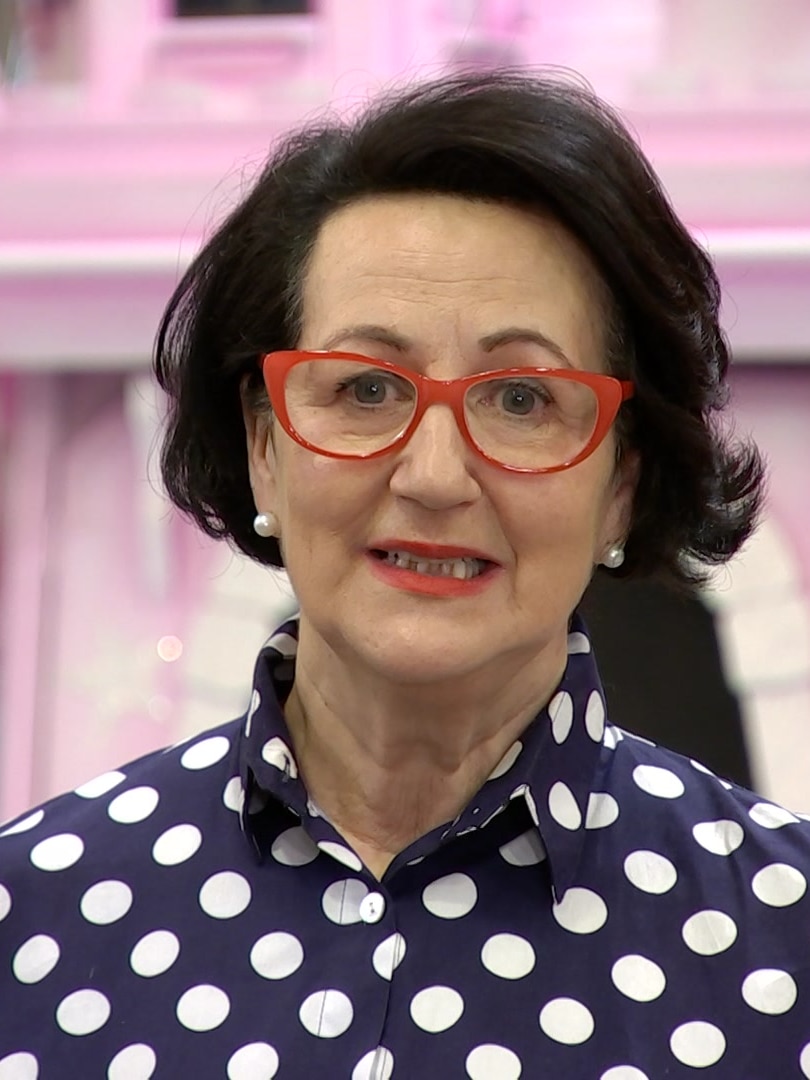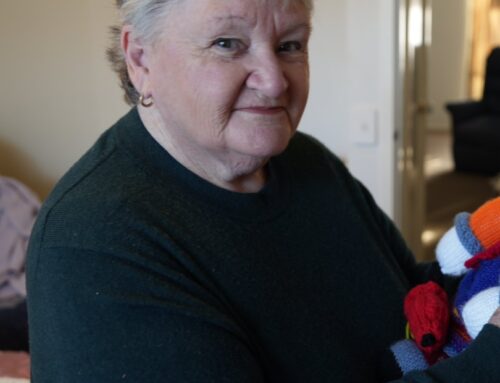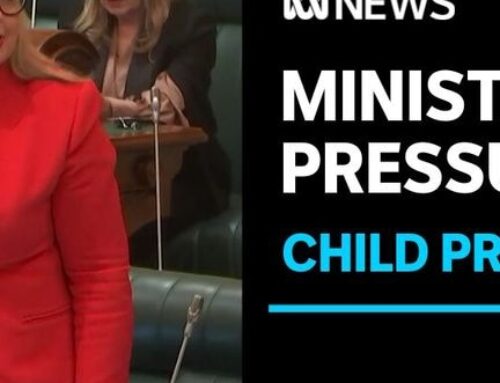The former managing director of the company behind a proposed port on Kangaroo Island has told a parliamentary inquiry he was not aware Attorney-General Vickie Chapman owned land across the road from a forest which was to be farmed.
Key points:
- Attorney-General Vickie Chapman rejected plans for a timber port to be built on Kangaroo Island
- Ms Chapman owns land on the island
- A parliamentary committee is looking into whether Ms Chapman had a conflict of interest that should have been declared
The committee is looking into whether Ms Chapman had a conflict of interest when she made the decision to refuse a port from which the timber would have been shipped off the island.
Ms Chapman — who owns land on Kangaroo Island — has previously rejected suggestions that she had a conflict of interest.
Today, Keith Lamb — the former managing director of Kangaroo Island Plantations Timber (KIPT) — was presented a map showing Ms Chapman’s property is across the road from part of the forest which would have been affected by the port’s approval.
“I did not know that until you showed me this map just now,” Mr Lamb told the committee.
Mr Lamb told the committee he had heard media reports in recent weeks that Ms Chapman’s property was “within metres of one of the forests” but, at the time, KIPT did not believe there was a conflict of interest.
“When we consider the question of whether there was a conflict, it comes back to if that test was applied to any minister who had [an] interest in Adelaide, no minister could make a decision within the urban area,” Mr Lamb said.
“We did not formally request that she be recused, [nor] the decision be made by another minister.”
A-G intervened in process while in opposition, committee hears
Another former managing director of KIPT, John Sergeant, told the inquiry that Ms Chapman was a surprise attendee at a 2017 meeting with then MP, and now KI Mayor, Michael Pengilly.
“No sooner had it begun, than Vickie Chapman turned up, she was at that stage, I think, Deputy Leader of the Opposition” Mr Sergeant said.
“That was a surprise to us.”
Mr Sergeant told the inquiry that Ms Chapman then “ran the meeting”.
“She explained that she thought we’d picked the wrong location and that a location further west at a place called Cape Dutton would be more suitable,” he said.
“[Ms Chapman] found it hard to believe that we could’ve selected a site like Smith Bay and she said she would like to see a full consideration of all possible sites.
“I’m not sure it’s even lawful to assess a development by requiring the developer to consider other sites, no one submitting a development application in most jurisdictions would be asked to consider alternative sites, especially sites they neither own nor control.
“Even so, the company, despite receiving advice [that] it might not even be lawful, went on to comply with that request.”
Mr Sergeant told the committee it was his belief that Ms Chapman should have stepped aside.
“I don’t know if she was under any legal obligation to do that … I don’t know if she acted improperly and I’m certainly not accusing her of it, but if it is proper that someone approach this without a set of convictions as to the merit of the development, then I don’t think Ms Chapman was a suitable person to act as the sole arbiter of the decision,” he said.
Mr Sergeant said he was surprised not only “by the fact that Ms Chapman didn’t excuse herself from making the decision, but also by the fact that she made it on her own”.
“It struck me as particularly odd that a decision like this would not be made by Cabinet … I think it would be normal for a minister to bring a decision like this to Cabinet and seek the opinions of her colleagues,” Mr Sergeant said.
“When an act gives a minister that sort of power, the highest standards should apply, and I don’t think they applied in this case.”
Despite having those views, Mr Sergeant confirmed that he did not request Ms Chapman recuse herself from deciding on the port.
When asked by Liberal MP Matt Cowdrey if he submitted an application for the Attorney-General to recuse herself, Mr Sergeant answered, “me, personally, no”.
Committee is a ‘fact-finding mission’, not to impose a punishment
Senior counsel assisting the committee Rachael Gray QC began the hearing by outlining the terms of reference, and emphasised that it was a fact-finding mission relating to the Attorney-General’s conduct, particularly in relation to statements made in parliament.
“A select committee does not have the power to make any finding as to whether there has been a breach, or to impose any punishment for a breach,” Dr Gray said.
“If a breach is alleged, it must be referred back to the relevant House.”
She said the inquiry was not aimed at examining the merits of the proposed port.
“The question of whether or not having a deep-sea port a Smith Bay is a good or bad thing is not something that is a focus of the terms of reference,” Dr Gray said.
“The terms of reference also do not focus on the impact of the Minister for Planning and Attorney-General’s decision on Kangaroo Island Plantation Timber.
“Any concern [the company] may have about the validity of the lawfulness of the decision of the Attorney-General would be a matter that would, potentially, be reviewable elsewhere.”
Dr Gray said the role of counsel in an inquiry was very different to a court setting.
“There’s no charges laid against any individual … there’s no onus of proof on counsel assisting or a requirement to prove any matter or thing,” she said.
“There are no remedies awarded [nor] any final orders made at the end of the process.
“One of the roles of counsel is to assist in ensuring the inquiry is conducted in accordance with the requirements of procedural fairness.”
The inquiry was told that, if a minister does not disclose a conflict of interest that is later found to exist, the Premier may take a range of actions.
“The premier may, among other things … require the minister to publicly apologise … [to] stand aside or resign [or] refer the matter to an appropriate authority for investigation and require the minister to stand down during the investigation,” Dr Gray said.
Ms Chapman is scheduled to give evidence tomorrow.
The committee will deliver its report to parliament on November 18.
Posted , updated





